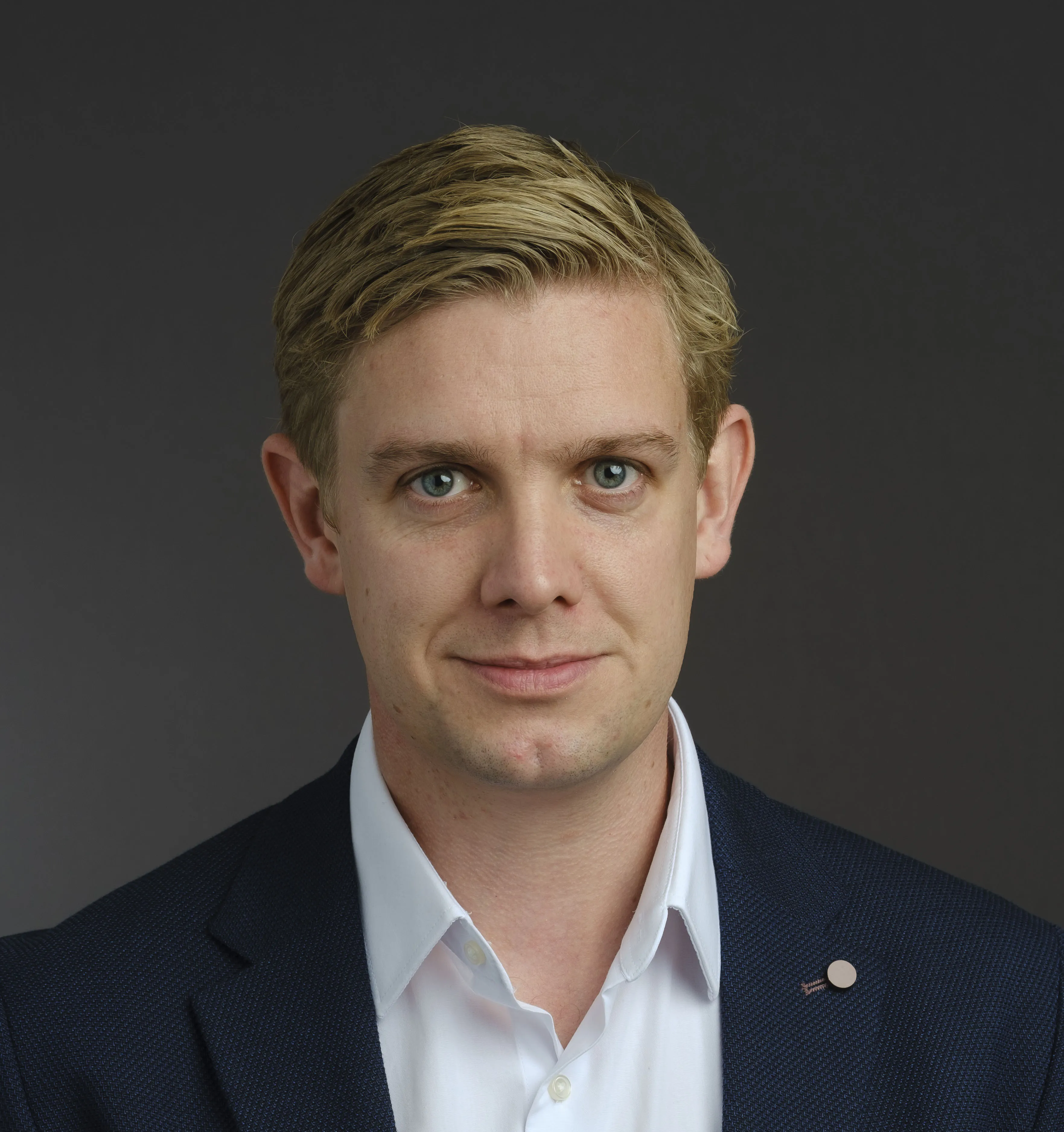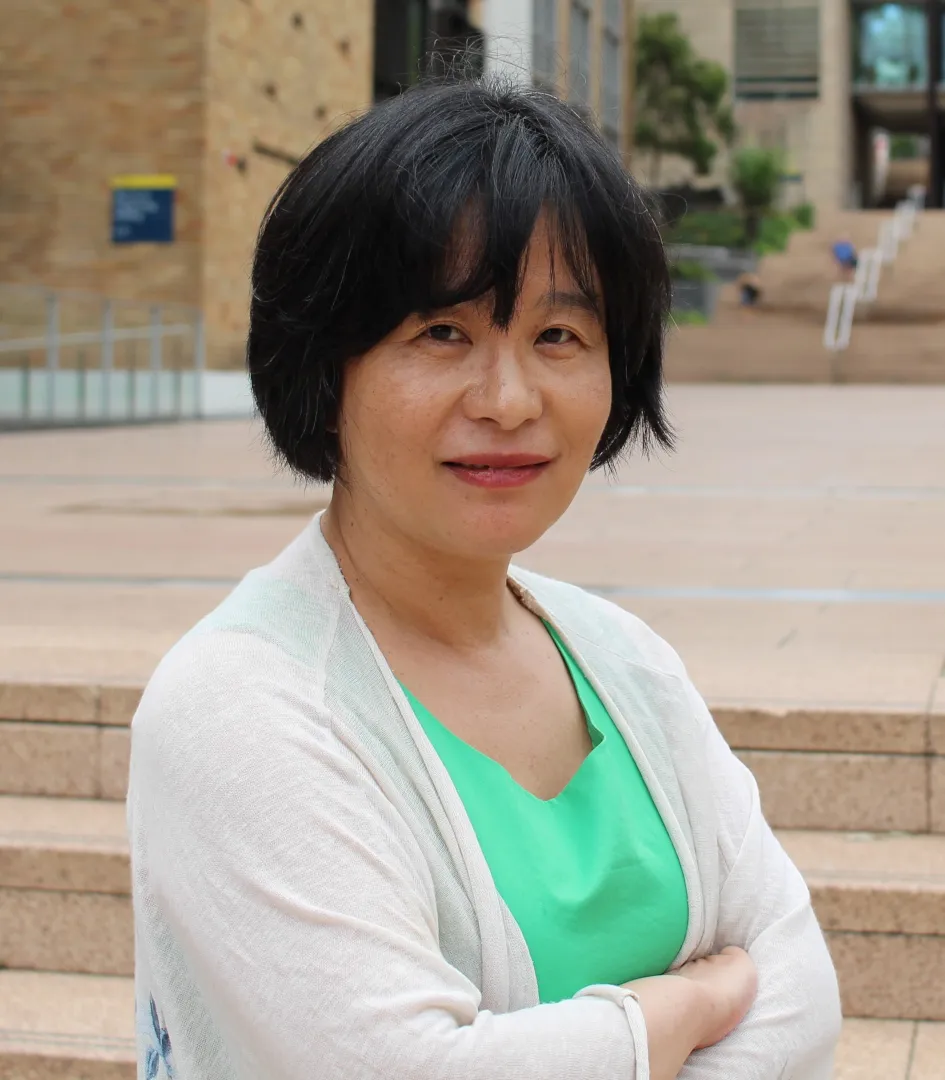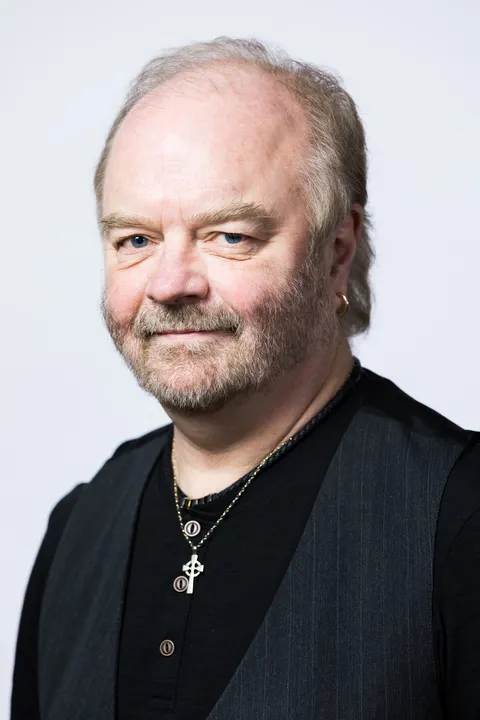
Bioengineering

- BEng(hons), MRes, PhD
- Member of the Royal Society of Edinburgh Young Academy of Scotland (MYAS)
- Programme Director: MSc Electronics

Professor Guangzhao Mao
Head of the School of Engineering | Chair Professor of Materials Engineering
Professor Guangzhao Mao is a leading innovator in nanotechnology and materials engineering, shaping the future of nanomedicine and advanced sensor systems. As Head of the School of Engineering at the University of Edinburgh, she spearheads cutting-edge research that bridges engineering and medicine, unlocking groundbreaking possibilities in drug delivery and nanoscale material applications.
Her pioneering research focuses on two transformative areas:
Electrocrystallization & Nanosensors. Her research unravels the fundamental processes of nucleation and crystal growth in electrodeposition, applying these insights to develop next-generation gas sensors. Her work enhances sensor scalability, with impactful applications in medical diagnostics, environmental monitoring, and industrial automation. Her breakthroughs in integrating nanosensors into larger systems are redefining their real-world potential.
Nanotechnology & Neuroscience. Merging nanotechnology with neuroscience, Mao’s team is developing revolutionary drug delivery systems targeting the central nervous system. Her protein-drug nanoconjugates offer a novel way to bypass the blood-brain barrier (BBB), a long-standing challenge in treating neurological disorders. This innovative approach has already shown promising results in enhancing respiratory function for spinal cord injury, with significant implications for neurodegenerative disease treatments. Her latest advancements include a microfluidic cell-based assay that accelerates drug screening and preclinical evaluations.
Global Recognition & Leadership
Before joining the University of Edinburgh, Professor Mao led as Head of the School of Chemical Engineering at UNSW Sydney, where she continues as an Adjunct Professor. Her global influence is reflected in prestigious accolades, including:✔ Fulbright Senior Scholarship✔ Visiting Professorship at the Max Planck Institute of Colloids and Interfaces✔ Fellow of the American Institute of Chemical Engineers (AIChE)✔ Career Award from the U.S. National Science Foundation
With an impressive track record of driving scientific innovation, Professor Mao continues to push the boundaries of chemical & materials engineering, shaping the next generation of engineering solutions with real-world impact.
B.Sc., Ph.D.

Alan Murray is Professor of Neural Electronics and Assistant Principal, Academic Support. He introduced the Pulse Stream method for analogue neural VLSI in 1985. Alan’s interests are now primarily in implanted silicon chips for biomedical applications.
He led the £5.2M IMPACT (Implantable Microsystems for Personalised And-Cancer Treatment) project, funded by an EPSRC Programme Grant and enjoys teaching first year engineering/electronics and third year Electromagnetics courses. IMPACT produced proof-of-concept results that will be taken forward in two areas – cancer and wound-healing, as "OPTIMIST" (Optimised, Personalised Treatment & Intervention: Microsystems, Implanted Sensors & Therapeutics).
Alan is a Fellow of IET, IEEE and the Royal Society of Edinburgh, Principal Fellow of the HEA and has published over 360 academic papers. Alan’s degrees are in Physics (BSc and PhD – both from the University of Edinburgh). Subsequently, he has done this...
- 1978-80: Research Fellow, Solid – State Physics, Chalk River Nuclear Laboratories: supported by SERC NATO and Canadian NERC fellowships
- 1980-81: Research Fellow, Department of Physics, University of Edinburgh, leading the Light Scattering section of the Condensed Matter group
- 1981-84: VLSI Designer, Wolfson Microelectronics Institute
- 1984-91: Lecturer, Department of Electrical Engineering
- 1991-94: Reader, Department of Electrical Engineering
- 1994-present: Professor of Neural Electronics
- 2002-2008: Head of the Institute for Integrated Micro and Nano Systems
- 2008-2012: Head of the School of Engineering
- 2012-2015: Dean of Students, College of Science and Engineering
- 2015-2018: Head of the Institute for BioEngineering
- 2015-present: Assistant Principal, Academic Support
- B.Sc. Ph.D
- F.I.E.E., F.I.E.E.E., F.R.S.E., C.Eng., P.F.H.E.A.
- Fundamentals of Electronics, Electromagnetism,
- Outside interests : Music (especially folk music - writing, playing and listening) and wood-carving
